|
The Rise and Fall of Alexandria: Birthplace of the Modern World
by Justin Pollard and Howard Reit Published in October 2007 352 Pages Thibault’s Score: 4/5 The Rise and Fall of Alexandria is a narrative history chronicling the rise and eventual fall of Alexandria. Many aspects of this book reminded me about the History of Future Cities by Daniel Brook. Alexandria, like the “Future Cities” that Brook writes about, was centrally planned by a tyrant. The city was, from the beginning, built as a political experiment in a creating a Greek utopia. The city was built in a multicultural environment. After Alexander the Great’s death, his empire split into warring states. Ptolemy, one of Alexander’s warlords, took over Egypt and made Alexandria his capital. Under his, and his son’s leadership the city rapidly grew. The Ptolemaic dynasty was ethnically and culturally Greek, however most of the population they ruled was Egyptian. In order to survive, they enlisted an army of intellectuals to create a new state religion and ideology that was acceptable both Greeks and Egyptians. Over time, this intellectual class was fueled by multicultural contacts with other civilizations, and boomed into a great culture of wisdom. Numerous great ideas and thinkers came from Alexandria. The city had great monuments to science and learning such as the famous lighthouse and the library. Archimedes, who is often credited as the world’s first scientists probably studied there in his youth, and conquered the city with his ideas after his death. Hero of Alexandria (Hero was a Greek name, not a descriptive noun) was a great inventor who built primitive mechanical automatons, wind powered organs, syringes, vending machines, slot machines, and even invented the first steam machine. The priest Arius began the Arian heresy of Christianity which would fracture Europe for centuries. The long era of Alexandrian intellectual achievement reached its zenith after the city was conquered from the Ptolemaic Dynasty by the Romans, and slowly declined. Christianity and other religions battled in the streets. Censorious Roman emperors created an atmosphere of suppression and silence. Great thinkers like Hypatia, a female neoplatonist philosopher, were murdered and tortured to death by angry mobs. The final death blow came when the city was conquered by Muslim armies. I learned a lot, and enjoyed the book. Good narrative histories are hard to write, because if the author focuses too much on historiography, then the story is lost. If the author focuses too much on the story, then it is easy for him to jump to unwarranted conclusions. Justin Pollard and Howard Reid carefully walked this fine line, and wrote a fantastic book. I recommend the Rise and Fall of Alexandria to anyone who is interested in the history of antiquity.
0 Comments
Freakonomics: A Rogue Economist Explores the Hidden Side of Everything
by Steven D. Levitt and Stephen J. Dubner Published in May 2005 (Updated in 2010) 336 Pages Thibault’s Score: 4/5 I was first recommended the book Freakonomics when I was in the 8th grade of high school, only a few years after its initial publication, but didn’t read the book. Later, in high school I had an absolutely amazing economics teacher by the name of Mr. Blackburn who screened segments from the 2010 Freakonomics movie. The book was very interesting, and covers a wide range of topics from the perspective of economics. The chapters are diverse, and have no common theme besides their use of data and their compelling character. One chapter compares cheating teachers, sumo wrestlers, and self-service bagel stands. It exposes how people cheat, why people cheat, and highlights statistical methods to find cheaters. Chicago teachers had a financial incentive for their students to score higher on standardized tests. As a result, many began tweaking the answers that their students gave on multiple choice tests. Freakonomics explains how the authors, by looking at test results, caught cheating teachers, and changed the incentives. Another chapter explains how present crime rates are affected by abortion rates one generation earlier. When abortion was legalized, crime rates dropped because many low income children of single mothers were simply never born. Chapters such as the one explaining why drug dealers are so poor, or why black parents choose dumb names for their kids (IE Emraldina, DeShawn, or Shanice), or how the KKK was defeated in the 1940s are all amazing. They reveal deep truths about the human condition backed up by economics and rational analysis. One criticism that I have is that one chapter uses scant statistical evidence to show that good parenting has little impact on the life outcomes of children. Since this book was written nearly a decade ago, a large quantity of statistical evidence has emerged contradicting these findings. For example, many studies of corporeal punishment and spanking have found causal effects between punishment and negative life outcomes. Overall, this is an excellent book, and a recommended read for anyone interested in sociology or economics. As the evidence mounts, however, more and more chapters will become out of date. Something that I can’t quite place my finger on about this book felt very “early 2000s” - if you are to read this book, I recommend doing so sooner than later. Also for some reason, this book is banned in Texan prisons. The Strange Death of Europe: Immigration, Identity, Islam
by Douglas Murray Published in May 2017 352 Pages Thibault’s Score: 5/5 The Strange Death of Europe stands as a dire warning for the populations of Europe for what is to come should mass immigration from the third world continue. It is the single most compelling book that I have read about immigration so far. The book concisely covers a very wide range of issues that I have been following and researching over the last few years. It recapitulates the history of mass immigration into Europe following the second World War, summarizes the debates which occurred across Europe as the waves of immigration increased, and the evolution of the recent migrant crisis. It doesn’t just strictly confine itself to immigration, but also briefly explores the reasons why European culture appears to be in decline. For example, Murray talks about the emergence of brutalist architecture, contrasting it with more elegant and traditional styles. He argues that the fall of Christianity in the 19th century, followed by the devastation of two world wars, deeply scared the European psyche. This scar has led to widespread hedonism and nihilism, and is a key psychological driver behind mass immigration. Most of the book is spent going over various incidents and events that led to the current state of mass migration. I remember many of the news events throughout 2013, 2014, 2015, and 2016 which deeply shook me at the time when they occurred. He recalls acts of terrorism such as the Charlie Hebdo attacks, the Bataclan shooting, or the Nice truck attack. He also discusses key events during the migrant crisis, such as the mass columns of migrants which crossed through Hungary, the drowning of a little boy on the shores of Turkey, or Angela Merkel telling a 14 year old girl why she can’t stay in Europe. These are all events I vividly remember, and having someone go through them chronologically especially made a mark. I really liked that he also spent time interviewing migrants. He opens the book and closes the book with interviews of migrants from Eritrea, Bangladesh, and Afghanistan. These interviews reveal the tragic nature of the lives which migrants live, and helps remind the reader that migrants are just as human as the people into the countries they are migrating to. Few books have so elegantly summarized my thoughts over the last few years, and reading this book was an incredible experience. I am just as pessimistic about the fate of Europe now as I was before the book. Even though nothing can be done to prevent the slow death of Europe, understanding and chronicling the decline is key. Perhaps future societies and civilizations will then be able to use the information we gather this time to prevent their own declines. This book is a 5 out of 5, and I strongly recommend it to supporters and detractors of mass immigration alike. A History of Future Cities
by Daniel Brook Published in February 2013 480 Pages Thibault’s Score: 4/5 A History of Future Cities is a book which covers the history of 4 cities which have shaped the modern world, and solidified relations between the east and the west: St. Petersburg, Shanghai, Mumbai, and Dubai. These 4 cities all have several things in common: they were created by authoritarian forces in an attempt to rapidly modernize the area around them, they hosted large and very diverse populations, and they all became pillars of capitalism in their regions. I was initially recommended this book by Mark Frazier, one of the world’s (retired) leading Special Economic Zone Consultants, and it took me more than two years to get to reading it. That was my loss. I have the privilege of having travelled to 3 out of 4 cities (I haven’t yet been to Mumbai), and especially enjoyed reading the book for that reason. I could clearly remember many of the places and sights described. The book starts with St. Petersburg, then chronologically jumps around between the cities, covering the key highlights of their histories. Brook draws many comparisons between the history of the respective cities, pointing out counter-intuitive details. For example, I would have never drawn the comparison between Peace Hotel’s appeal to vice in the 1920s and Dubai’s tolerance of prostitutes and alcohol. Neither would I have ever considered comparing Peter the Great to Mohamed bin Rasheed, although the comparisons are logical. As a SEZ consultant, I also found the sections about Deng Xiaoping’s reforms in Shanghai and the creation of the Freeport in Dubai to be of particular interest. This book is a must read for anyone in the SEZ industry, and stands as one of the best books I’ve read in a long time. The Borderlands of Science
by Michael Shermer Published in November 2002 368 Pages Thibault’s Score: 3/5 The Borderlands of Science is a good book written by Mike Shermer, an author I respect, and have followed for many years. While it contains many great gems, I found that many sections of the book were long and irrelevant to the central thesis. The central theme of the book explores the legitimate fringe sciences, and discusses the ways that fringe non-science practices (like hypnosis) eventually become mainstream science. I particularly liked the initial chapters describing the author’s experiences with remote viewing, hypnosis, and other borderlands phenomenon. Later chapters, about the history and biography of various scientists, also were interesting. There is a great chapter about Alfred Wallace, a scientist who helped Darwin discover the theory of evolution but nonetheless had many “quacky” superstitious ideas about spiritualism. I found that many parts of the books steered off topic. In particular, the last few chapters go into the “Mozart Myth of Genius” which describes ideas as being spontaneously generated as opposed to slowly and socially formed. I disliked the chapters about the Darwin-Wallace debate over who got credit over the theory of the evolution. These chapters were very long and I didn’t see how they were connected to the central thesis. This book would have been great if shortened to simply include the relevant passages, and the irrelevant details in the later chapters had been omitted. Nevertheless, it was a good read, and gave me much food for thought. The Analects of Confucius
by Confucius and his students Published in 479 BC 224 Pages Thibault’s Score: 4/5 Recently, I have spent a lot of time studying non-Western history. My main focus has been the Middle East, however I am now shifting east to study ancient China. I’ve watched a dozen documentaries, mostly about the three mythical dynasties (Xia, Shang, and Zhou) and also about the Spring and Autumn Period. I recently listened to the entire History of China Podcast until the Song Dynasty, a show which I strongly recommend: https://thehistoryofchina.wordpress.com/ The Analects are a collection of Socratic dialogs between Confucius and his students. It reminded me a lot of “The Republic” and “The Death of Socrates,” and made me wonder if the two were somehow connected, perhaps through a more ancient tradition or through trade. Unlike the Tao Te Ching, which is very vague and self-contradictory, the Analects are simple and straightforward. They eschew the questions of metaphysics, and instead focus on a range of down-to-earth issues such as friendship, what it means to be upright, morality at work, and matters of state. There is no overarching narrative, although there are many reoccurring themes. If I had to pick three central themes / lessons from the Analects they would be: 1: Work hard to improve yourself in every way possible, and try to be elevate those around you without being narcissistic 2: Choose your friends carefully because foolish friends will cause you to act foolishly, and wise friends will help you be wise 3: Respect and honor your family, history, and origins Some people have claimed that the teachings of Confucius constitute a religion, however that worldview perplexes me. Confucius never mentions anything mystical or supernatural, and always remains focused on questions of morality and good behavior. I think he is much more comparable to one of the Ancient Greek philosophers. The Analects have many hidden gems and small universally applicable sayings. Some of my favorite are: Confucius said, There are three types of friends who improve you, and three types of friends who diminish you. Friends who are straightforward, sincere, and have learned much improve you. Friends who are fawning, insincere, and crafty in speech diminish you. The Master said, The righteous man blames himself for lacking ability; he does not blame others for not recognizing him. Take loyalty and trustworthiness as the pivot and have no friends who are not like yourself in this Overall, I recommend the Analects both as a historical document (which is how I choose to read it) and as a self-help book. It is easy to understand, although knowing about the historical context greatly helps. |
Thibault SerletMost of my articles are book reviews, but I also write about many other topics. Archives
December 2023
Categories |
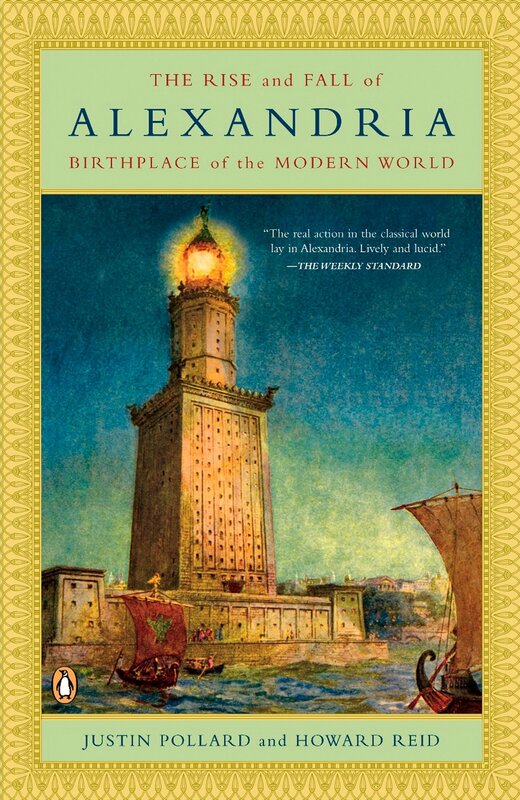
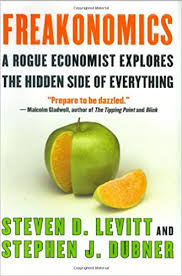
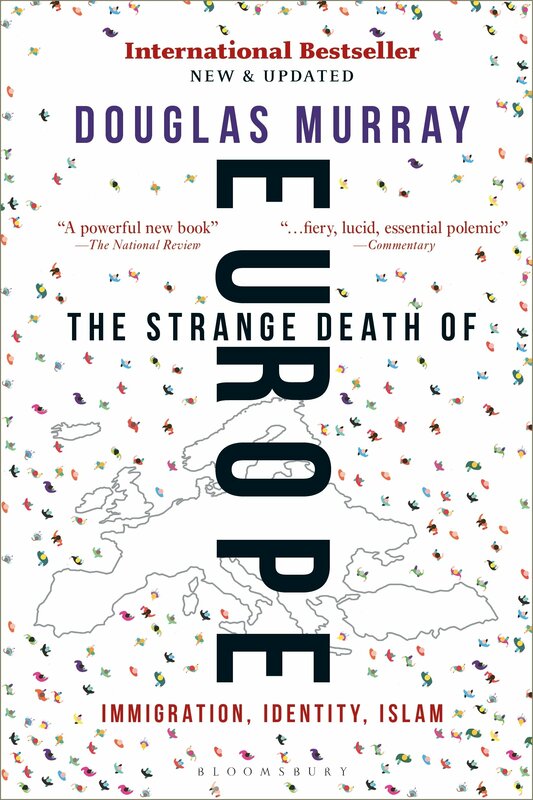
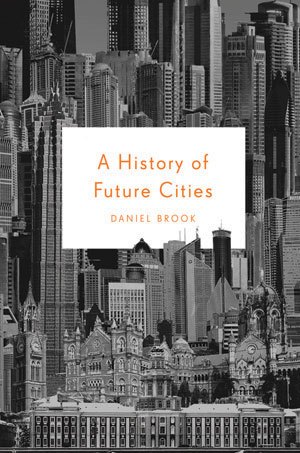
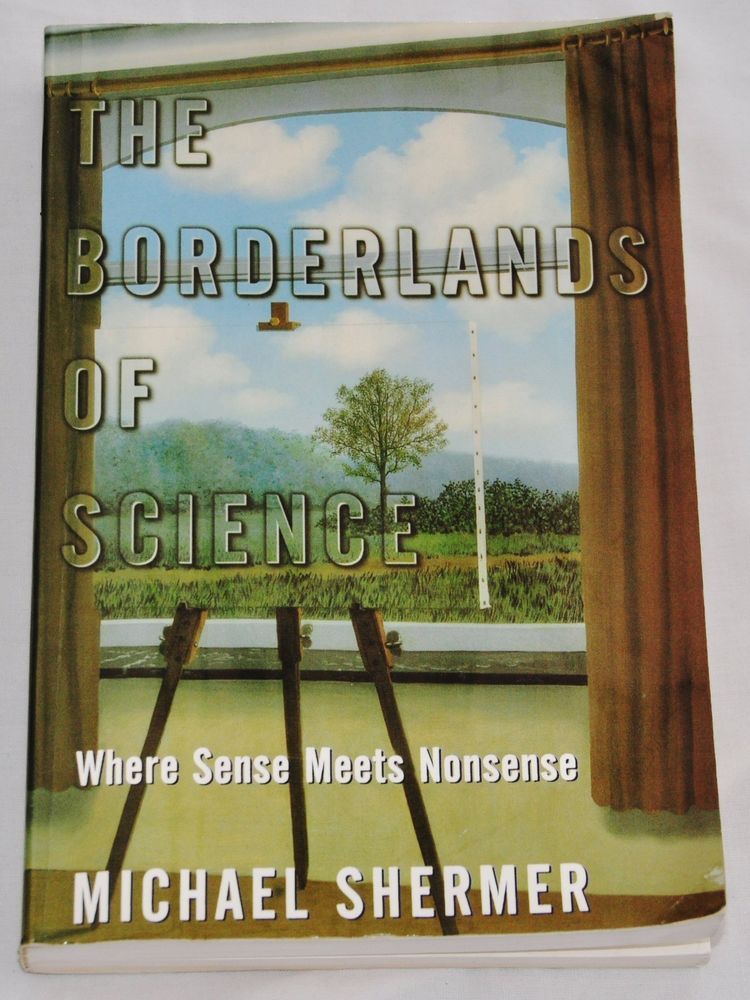
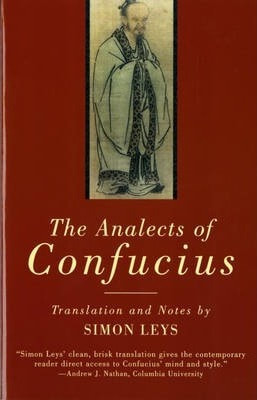
 RSS Feed
RSS Feed